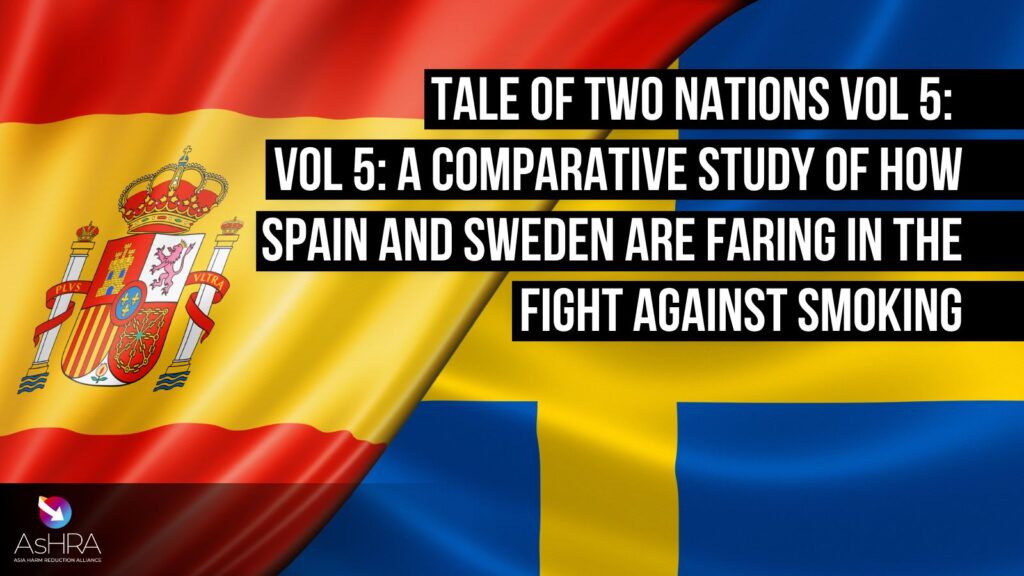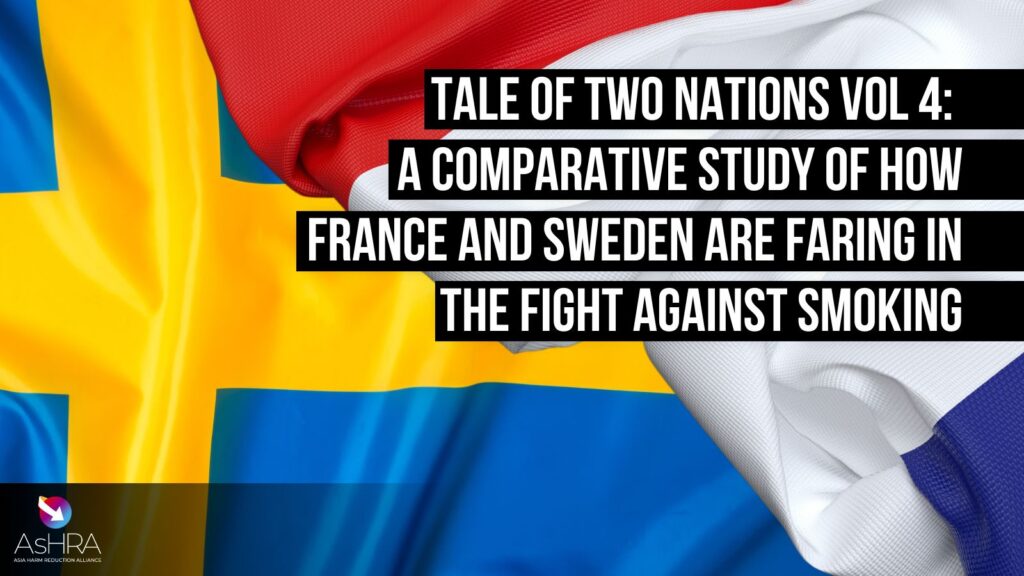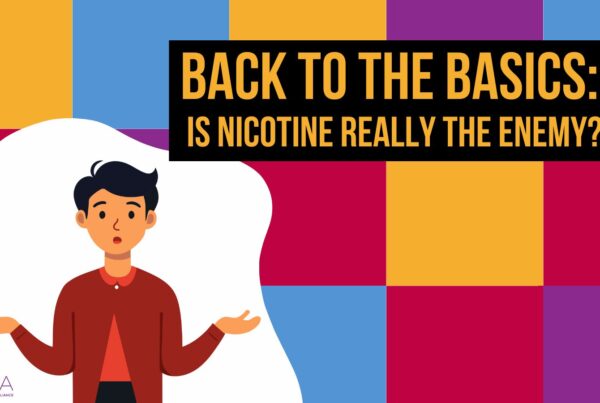The Potential of Nicotine Pouches in Supporting Hong Kong’s Ambitious Smoking Reduction Goals
Nicotine pouches, a form of tobacco harm reduction (THR), are gaining traction in Hong Kong amidst stringent tobacco control policies. These products are smokeless, tobacco-free products designed to deliver nicotine orally. They are placed between the lip and gum, allowing for nicotine absorption without inhaling smoke or exposing users to harmful combustion byproducts.
Nicotine pouches, which deliver nicotine without the combustion of tobacco, present a potential alternative for smokers seeking to reduce health risks associated with traditional smoking. This article explores the current landscape of nicotine pouches in Hong Kong, their benefits, regulatory frameworks, and comparisons with other nicotine delivery systems.

Current Policies in Hong Kong
Hong Kong’s regulatory environment for nicotine products is notably strict. The government has implemented comprehensive tobacco control measures aimed to reduce smoking prevalence to 7.8% by 2025. These measures include:
Regulating Supply: Tight controls on the sale and distribution of tobacco products.
Suppressing Demand: Public health campaigns aimed at reducing smoking rates.
Expanding No Smoking Areas: Increasing restrictions on where smoking is allowed.
Education and Cessation Support: Providing resources for individuals seeking to quit smoking.
While nicotine pouches are not explicitly banned, their regulation falls under existing laws governing nicotine products, which classify them similarly to poisons requiring registration with health authorities. This regulatory framework creates barriers to market entry but also reflects a cautious approach towards new nicotine delivery systems.
Benefits of Nicotine Pouches
Reduced Harm: Research indicates that nicotine pouches contain significantly fewer toxicants than combustible tobacco products. Studies show a reduction in harmful substances by over 94% when compared to cigarette smoke. This reduced exposure may lead to lower health risks, particularly for current smokers transitioning away from cigarettes.
Urban and Public Use: The discreet nature of nicotine pouches makes them appealing in urban environments like Hong Kong, where smoking is increasingly restricted in public spaces. Users can consume these pouches without the odor or visible smoke associated with traditional smoking.
Potential for Smoking Cessation: Evidence suggests that nicotine pouches may help reduce cravings and withdrawal symptoms among smokers, potentially aiding in cessation efforts. Users report higher satisfaction levels compared to traditional cigarettes, indicating a viable alternative for those unwilling or unable to quit entirely.
Conclusion
Nicotine pouches represent a promising option within Hong Kong’s evolving landscape of tobacco harm reduction strategies. Their potential benefits—such as reduced harm, discreet use, and support for smoking cessation—position them favorably against traditional combustible tobacco products and other alternatives like e-cigarettes and heated tobacco.
As consumer demand grows and regulatory frameworks adapt, nicotine pouches play a pivotal role in shaping the future of smoking alternatives in Hong Kong while contributing to global efforts aimed at reducing the burden of tobacco-related diseases.
Comparison with Other Alternatives
| Feature | Nicotine Pouches | E-cigarettes | Heated Tobacco Products | Cigarettes |
| Tobacco Content | None | Contains tobacco | Contains tobacco | Contains tobacco |
| Combustion | No | No | Yes | Yes |
| Harmful Chemicals | Significantly lower | Lower than cigarettes | Similar levels to cigarettes | High levels |
| User Experience | Discreet | Varies (flavors available) | Similar to smoking | Strong odor and visible smoke |
| Regulatory Status | Emerging market | Banned in some areas | Banned in some areas | Heavily regulated |
Related Posts
 Time to support Filipino vape law, not relitigate it
Time to support Filipino vape law, not relitigate it
Time to support Filipino vape law, not relitigate it
 Greens’ Plan To Legalise Nicotine Vapes Lauded
Greens’ Plan To Legalise Nicotine Vapes Lauded
Greens’ Plan To Legalise Nicotine Vapes Lauded
 Taiwan Vaping Ban Disappointing For Its Many Smokers
Taiwan Vaping Ban Disappointing For Its Many Smokers
Taiwan Vaping Ban Disappointing For Its Many Smokers
More about
Alcohol Harm Reduction
More about





